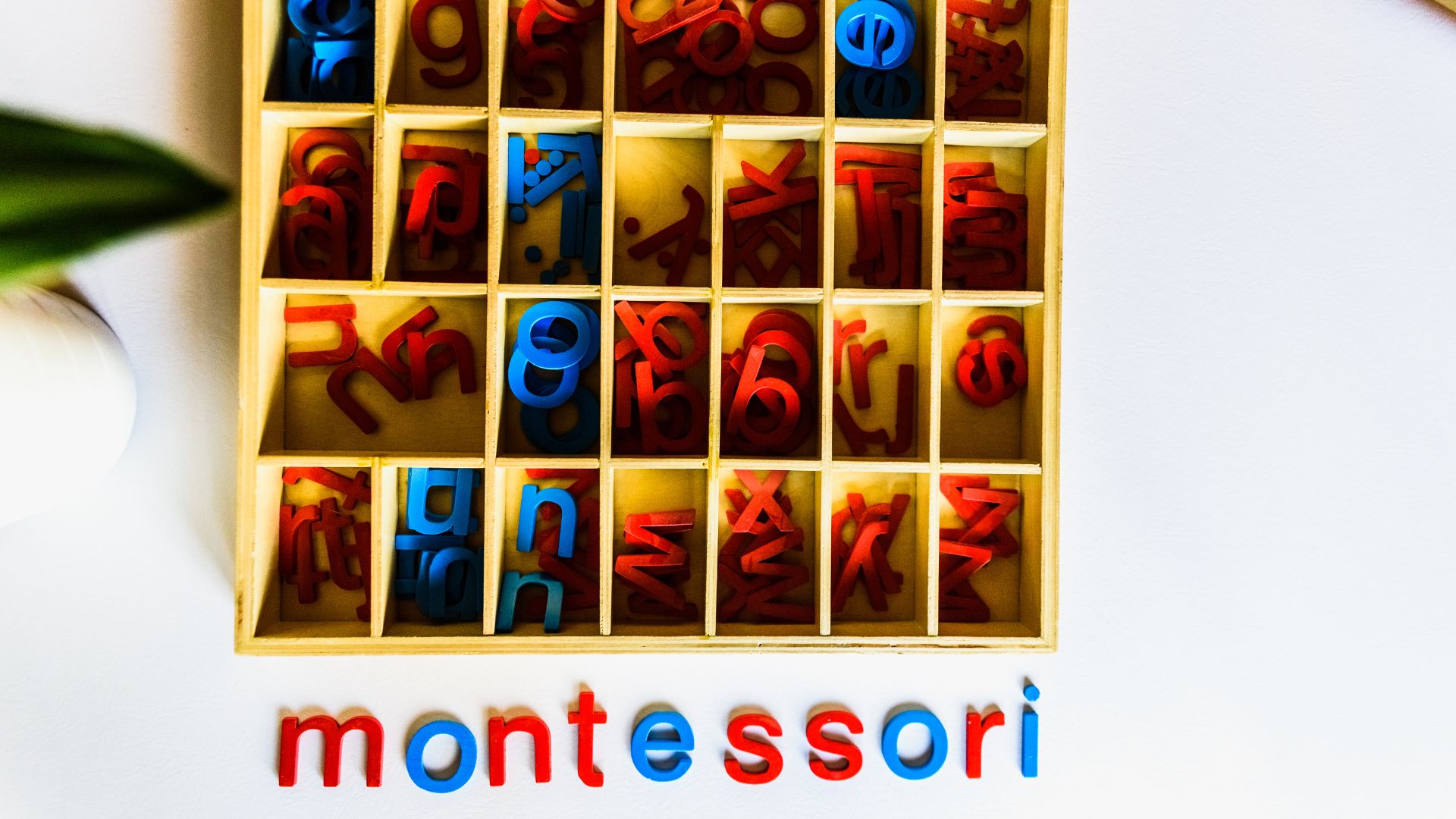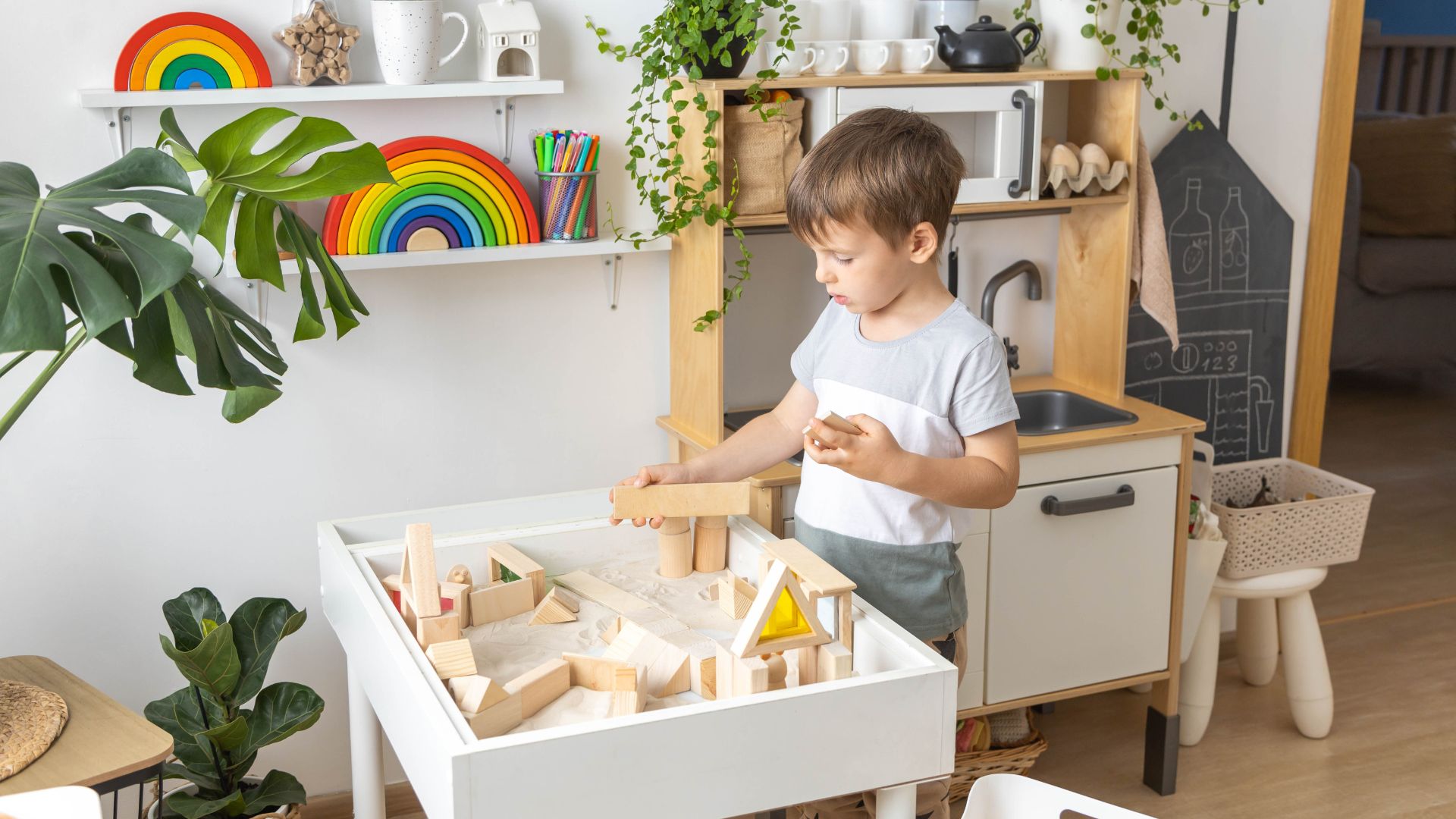The Montessori pedagogy, developed by Maria Montessori, revolutionizes traditional education by emphasizing hands-on learning and individualized instruction. Grounded in the belief that children are naturally curious and capable learners, this method fosters independence, creativity, and a lifelong love of learning. Understanding the principles of Montessori education equips parents with valuable insights into supporting their child’s development at home.
Maria Montessori’s groundbreaking approach to education challenges conventional norms, advocating for a child-centered learning environment. As she famously stated, “The greatest sign of success for a teacher… is to be able to say, ‘The children are now working as if I did not exist.'” Let’s explore the key principles of the Montessori method and discover how parents can integrate these principles into their child’s upbringing.
Child-Led Learning
Central to the Montessori method is the concept of child-led learning, where children take an active role in directing their education. Through hands-on exploration and discovery, children cultivate a deep understanding of concepts and develop critical thinking skills. As Maria Montessori observed, “Education is a natural process carried out by the child and is not acquired by listening to words but by experiences in the environment.”
Prepared Environment
The Montessori classroom is meticulously designed to facilitate independent learning and exploration. Each element, from the layout to the materials, is carefully curated to encourage curiosity, self-discovery, and concentration. This prepared environment nurtures a sense of order, autonomy, and respect for the learning space. As Maria Montessori aptly stated, “The environment must be rich in motives which lend interest to activity and invite the child to conduct his own experiences.”
Hands-On Materials
Montessori education emphasizes the use of hands-on materials that engage the senses and facilitate experiential learning. These carefully crafted materials encourage exploration, problem-solving, and sensorial development. Through manipulation and experimentation, children gain a deep understanding of concepts and build a solid foundation for future learning. As Maria Montessori eloquently expressed, “Play is the work of the child.”
Supporting Montessori Principles at Home

Parents can integrate Montessori principles into their child’s upbringing by creating a supportive environment that fosters independence and exploration. Provide open-ended toys and materials that encourage creativity and problem-solving. Foster a sense of autonomy by involving children in decision-making and promoting self-directed activities. Embrace a collaborative approach to learning, valuing children’s interests, and encouraging inquiry and discovery.
In conclusion, the Montessori method offers a transformative approach to education, empowering children to become confident, self-directed learners. By embracing the principles of child-led learning, prepared environments, and hands-on exploration, parents can cultivate a lifelong love of learning in their children. As Maria Montessori envisioned, “The greatest gifts we can give our children are the roots of responsibility and the wings of independence.” Let’s nurture the potential of every child, guiding them on a journey of self-discovery and growth through the principles of Montessori education.


No responses yet